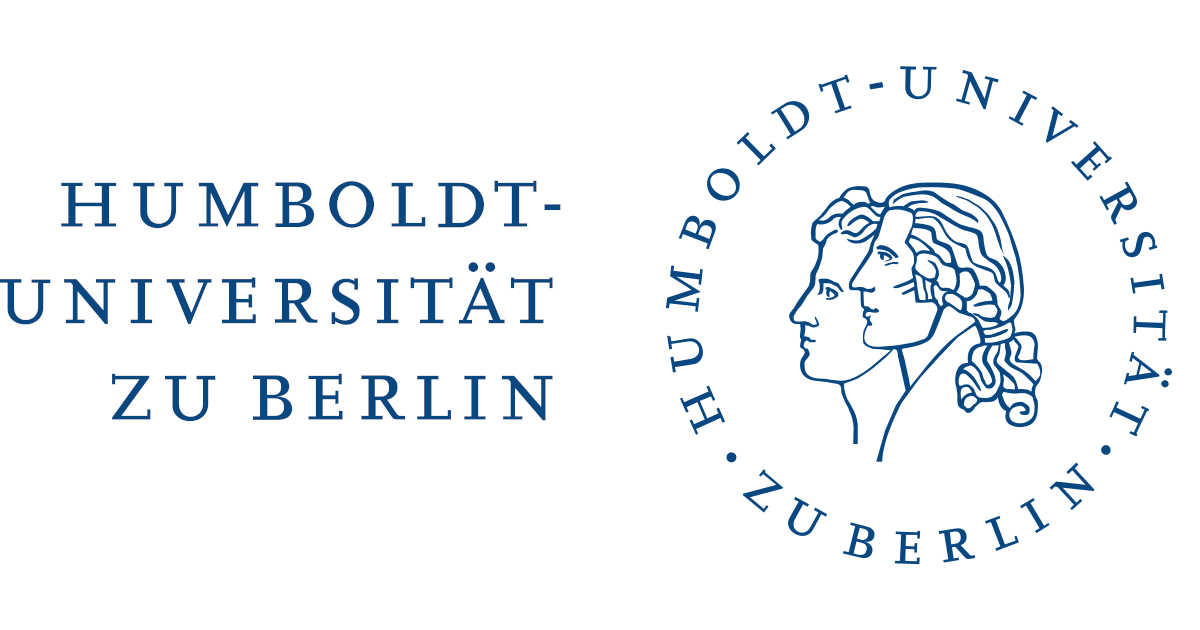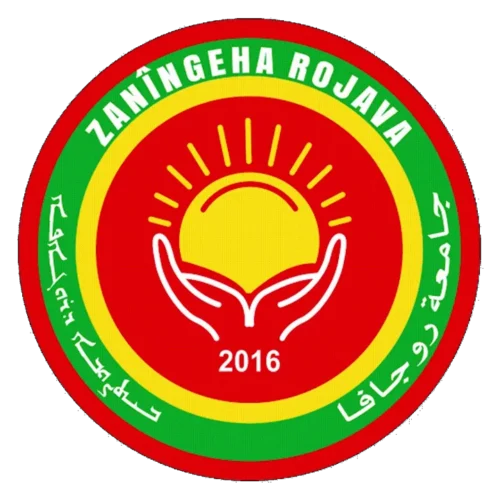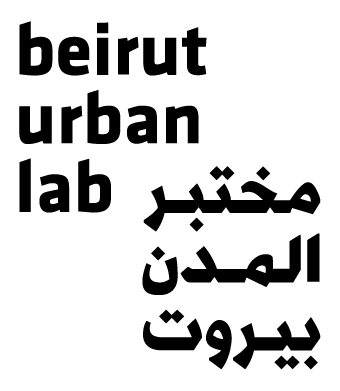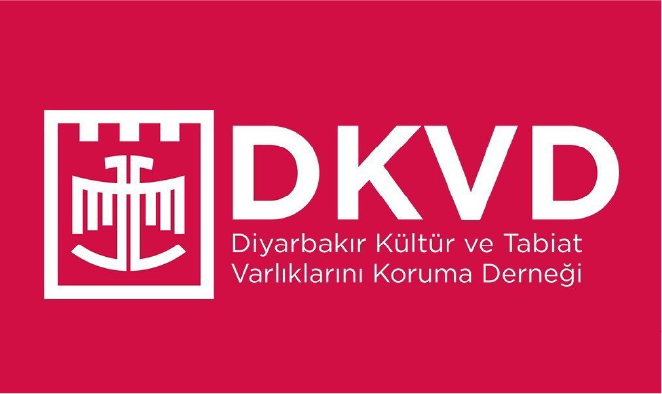Cities at War
Overview
Much of urban research on cities at war discusses the effects of armed conflict on urban space and the militarization of urban space in the same breath. While we acknowledge that similar urban forms may emerge and are interconnected (e.g. via technology), we do not think that the militarization of urban space in the Global North that often is a result of the “war on terrorism” or some iteration of it, is comparable with the experience of cities and its inhabitants that currently or have recently experience(d) war or armed conflict.
Focusing not on potential but actual physical destruction and ruination (Navaro 2009), we’ll first take account of the everyday life of a city at war (Fawaz et al 2012, Harb 2017), the practices and strategies of its inhabitants to cope with the present and making use of its memory.
Underlining, secondly, the emerging continuum between war and peace in many war/conflict cities perceivable as a “practice of continuously planning for war in times of peace” (Bou Akar 2018), we want to contribute to a better understanding of the practices of planning a city at war and their interplay with processes of reconstruction (Sharp 2023), displacement, commodification and musealization (Genç 2021). The increasingly blurred “division between war and peace” (Sharp/Kelegama 2025) is our focus when we examine specific cities at war.
A third cross-cutting theme is the erasure of knowledge, heritage sites and memory that accompanies war both through physical destruction and the loss of archives and records, and through the violent nation building often entailed in post-conflict rebuilding in the form of re-engineering cities and their histories.
Collaboration
This online lecture series got awarded with the Seminar Series Award by the Urban Studies Foundation. It is jointly organized by the Beirut Urban Lab, the Diyarbakır Association for the Protection of Cultural and Natural Assets, Rojava University and Off University. The series is hosted at the Department of Social Sciences at Humboldt Universität zu Berlin.
Course Outline
Introduction – 15.10.2025
Introductions, Overview of the Program
Mona Fawaz, Julia Strutz, Oksana Zaporozhets
Session 1 – 22.10.2025
Homs at the Age of Brutalism
Ammar Azzouz
Session 2 – 29.10.2025
Architecture as Resistance: The Reconstruction of Gaza’s Urban Fabric after the Ongoing Genocide
Anoud Ali
Session 3 – 05.11.2025
Kobanê — Between The Ashes of War and The Dawn of Reconstruction
Aras Hiso, Luqman Guldivê
Session 4 – 12.11.2025
Urban Ruins and Resettlement: Governing Cities in Post-Conflict Ethiopia
Wudu Muluneh Yimer
Session 5 – 19.11.2025
Justice in Post-War Reconstruction: The Social Sustainability of Neighbourhoods
Zena Asswad
Session 6 – 26.11.2025
Emotional Landscapes of Ukrainian Cities in Times of War
Olena Kononenko, Oleksandra Nenko
Session 7 – 03.12.2025
The Other War: Economic Occupation and Civic Resistance in Hadhramout
Shada Bokir
Session 8 – 10.12.2025
Beyond the Golden Walls: Everyday Life, Memory, and Survival in Jaisalmer’s Borderlands
Naman Agrawal
Session 9 – 17.12.2025
Water Practices in Conflict-Torn Damascus: Distressing Memories to Overlook or Coping Strategies for Climate Resilience
Sarah Husein
Session 10 – 07.01.2026
Kharkiv is a Dream: Planning a Future During War
Viktoriia Grivina
Session 11 – 14.01.2026
Diyarbakır/Suriçi: Conflict and Urbicide as the Erasure of Collective Memory
Nevin Soyukaya
Session 12 – 21.01.2026
From Archiving to People-Centered, Heritage-Led Urban Recovery: The cases of Gaza and Nabatieh
Mariam Bazzi, Batoul Yassine
Session 13 – 28.01.2026
Spatial Justice and Everyday Resilience: Navigating Post-Conflict Urbanism in Kabul
Aimal Formolly
Session 14 – 04.02.2026
The Settler Colonial Blueprint: Antakya as a Post-Disaster Development Project
Erkân Gürsel
Session 15 – 11.02.2026
Evaluation and Feedback
Instructors
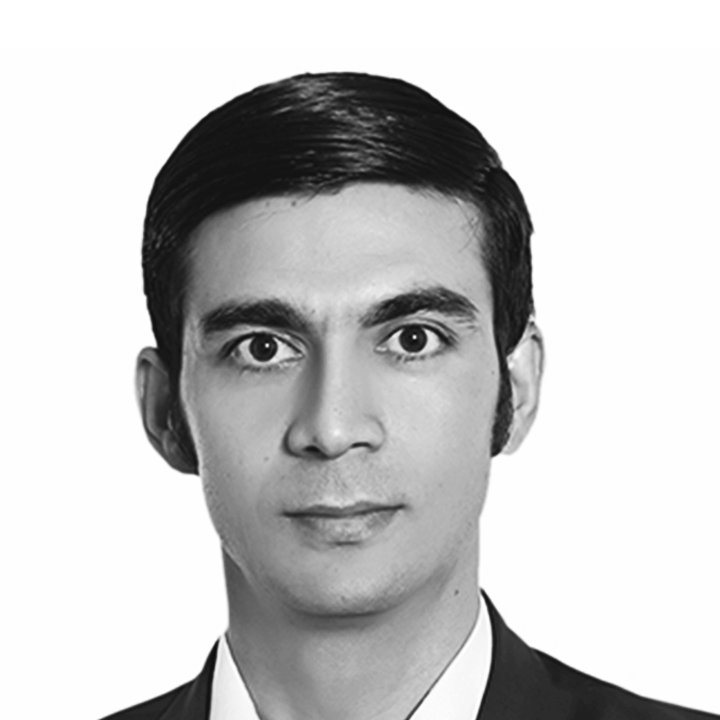
Aimal Formolly
Aimal Formolly is a top-ranked Ph.D. candidate in Geography and Urban Planning at Yazd University, specializing in spatial justice, gamified co-design, and resilience in post-conflict cities. His academic trajectory spans research and teaching across Afghanistan, Iran, India, and South Korea, focusing on social cohesion, participatory urbanism, and sustainable neighborhood design. He has authored multiple peer-reviewed articles and book chapters addressing urban fragility and spatial inequality, and contributed to policy initiatives on disaster-resilient planning. His scholarship merges quantitative modeling with qualitative inquiry, advancing theory and practice in urban studies. Dedicated to cross-cultural collaboration and knowledge exchange, Formolly’s work aims to inform equitable urban futures in contexts marked by rapid change, displacement, and socio-political instability.
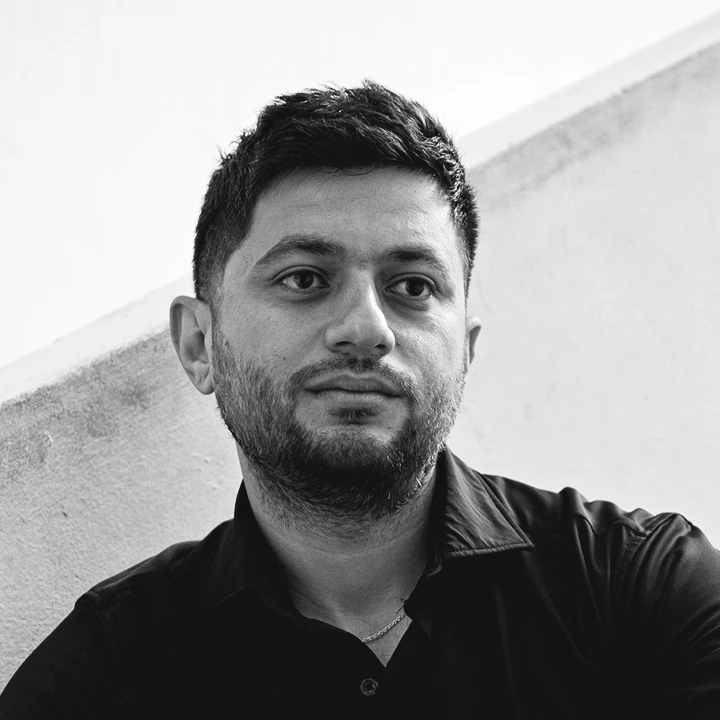
Ammar Azzouz
Ammar Azzouz is a Lecturer and a British Academy Research Fellow at University of Oxford. His research focuses on destruction and reconstruction of cities, cultural heritage and art in exile. He is the author of Domicide: Architecture, War and the Destruction of Home in Syria, published by Bloomsbury in 2023. He has written for a wide range of platforms including the New York Times, Financial Times and the Guardian.
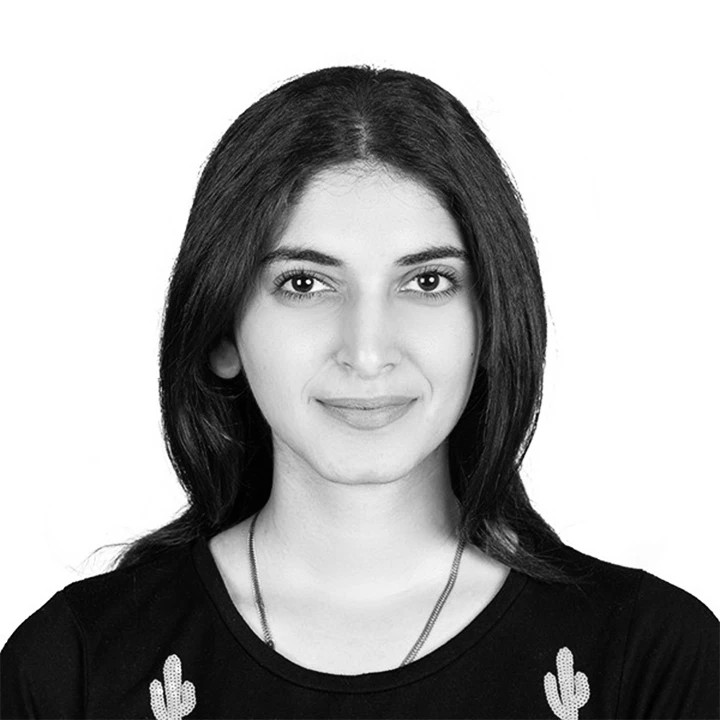
Anood Ali
Anood Ali is a Palestinian architectural engineer and researcher from Gaza with over two years of professional experience. She worked with Skills and Quality construction company on the Egyptian Reconstruction Project following the 2021 war, contributing to large-scale efforts to rebuild housing and urban infrastructure. This experience, together with the realities of living through repeated cycles of destruction, has shaped her perspective on the critical role of architecture in contexts of war and displacement. Amid the ongoing genocide, she sees it as her duty to explore how the built environment can act as a form of resistance, preserving cultural identity, sustaining collective memory, and enabling communities to endure. Her work highlights architecture not only as physical reconstruction but also as a tool for resistance, justice, and reimagining Gaza’s future.
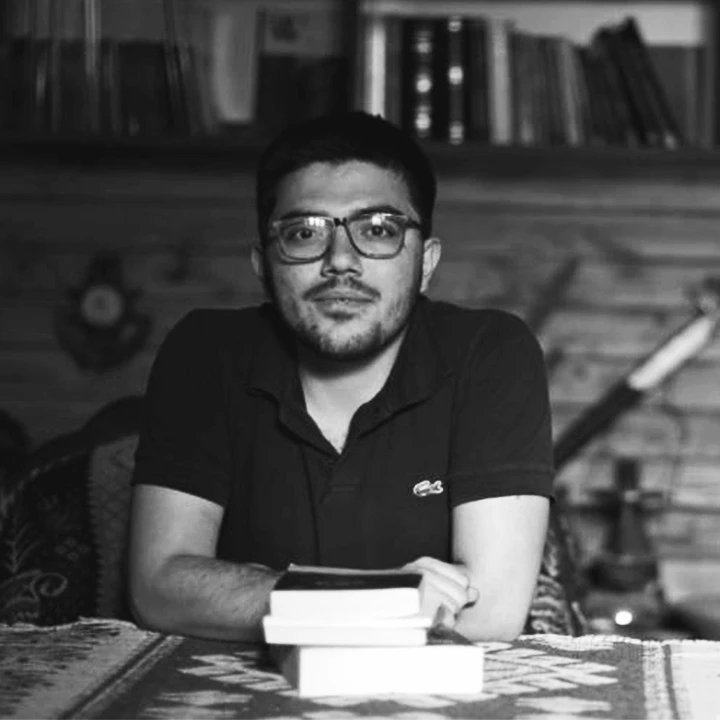
Aras Hiso
Aras Hiso was born in 1997 in Kobanê. He studied Kurdish Language and Literature at the University of Kobanê, where he earned his Master’s degree in Kurdish Literature. Shortly after the beginning of the Rojava Revolution in 2013, he became involved as a teacher of Kurdish language and literature in Kurdish schools, language institutes, and the SZK (Kurdish Language Institution). He currently teaches Kurdish literature at the University of Kobanê and serves as the head of the university’s Folklore Centre. His work primarily focuses on research in Kurdish literature, but he is also an accomplished writer and poet.
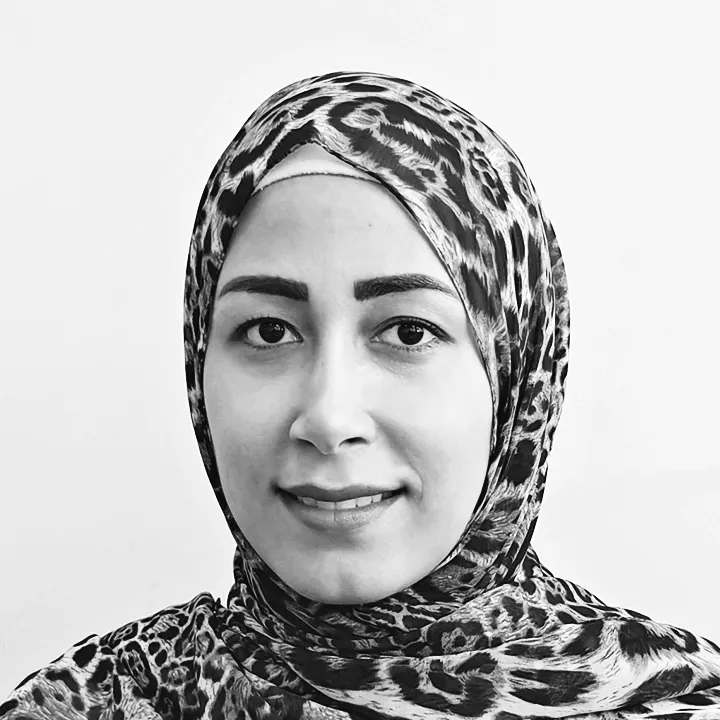
Batoul Yassine
Batoul Yassine is a research coordinator at the Beirut Urban Lab at the American University of Beirut. With extensive experience in architecture and urban design, her research explores urban recovery in areas impacted by crises, war, and displacement. Her recent work focuses on developing inclusive and participatory recovery strategies for post-conflict and post-war contexts in Lebanon and across the Arab world. She holds a Master’s in Urban Design from the American University of Beirut and a Master’s in Architecture from the Lebanese University.
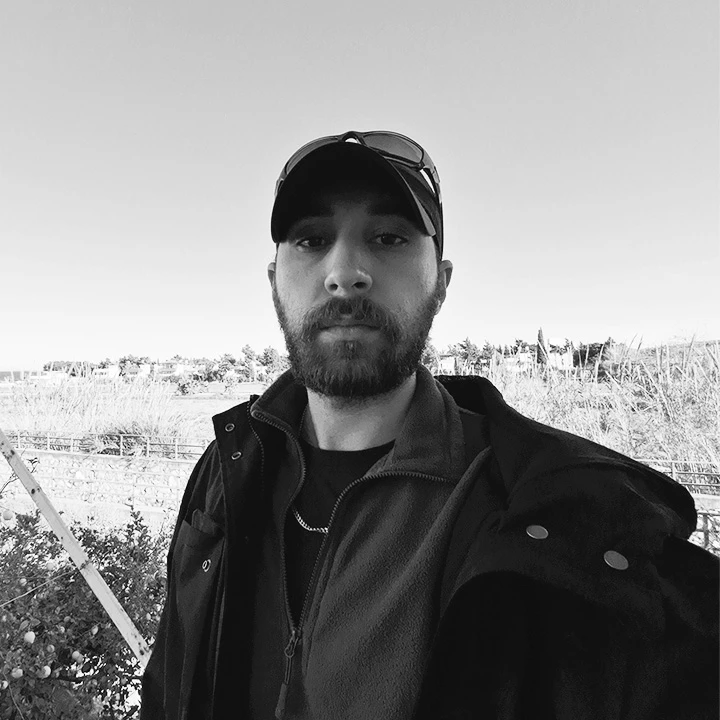
Erkân Gürsel
Erkân Gürsel is a researcher and filmmaker from Antioch/Antakya (designated ‘Hatay’ within settler colonial cartographies). He is currently undertaking postgraduate research in Sociology at the University of Cambridge, examining displacement, ecological loss, and Indigenous resistance in the wake of the February 2023 earthquakes. He additionally teaches in the Geography Department at UCL, where he convenes discussions on geopolitics, gender, and displacement for both undergraduate and postgraduate students. Gürsel’s methodology is grounded in critical pedagogical practice, engaging with abolitionist approaches and anticolonial philosophy to examine the contemporary machinations of violence instituted by the Republic of Turkey.
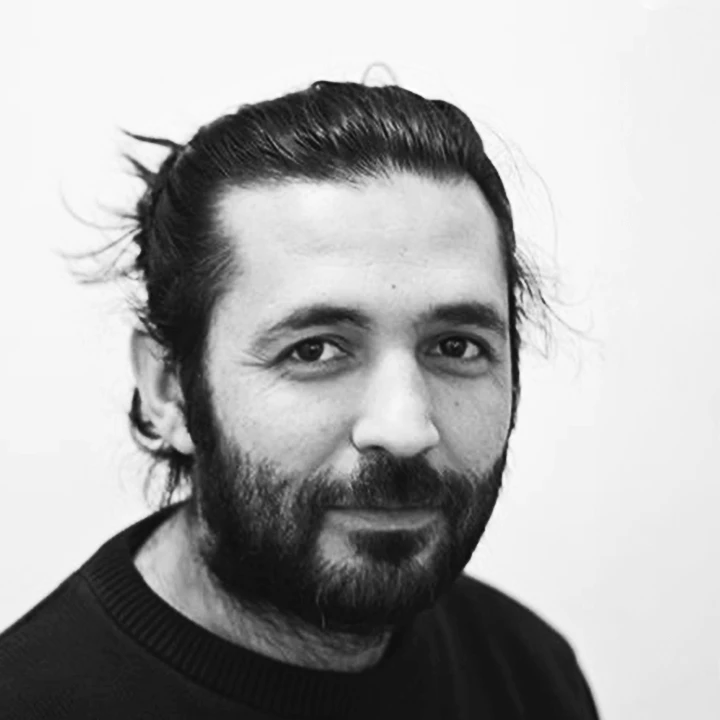
Luqman Guldivê
Luqman Guldivê was born in 1977 in Midyad, approximately 40 km north of Qamişlo, and was raised in Nisêbîn, which, if not for the state boundary, would be considered the same town as Qamişlo—historically built by the French mandate regime after 1918 on the marshland just south of Nisêbîn. During the Turkish state’s “dirty war” strategies in 1992, he first became a refugee in a Mediterranean town and later became refugy in Germany and France. He studied Kurdish Studies in Paris and Iranian Studies in Göttingen, earning his PhD with a focus on Kurdish oral literature. He has worked as a journalist and Kurdish language editor at Roj TV, Radio Dengê Welat, and the daily newspaper Yeni Özgür Politika. For the past two years, he has been teaching and conducting research at Rojava University in Qamişlo and also teaches master classes at the University of Kobanê. His primary responsibility is coordinating the research project Xwebûn, a self-evaluation initiative focused on the higher education experience in Rojava and Northern and Eastern Syria.
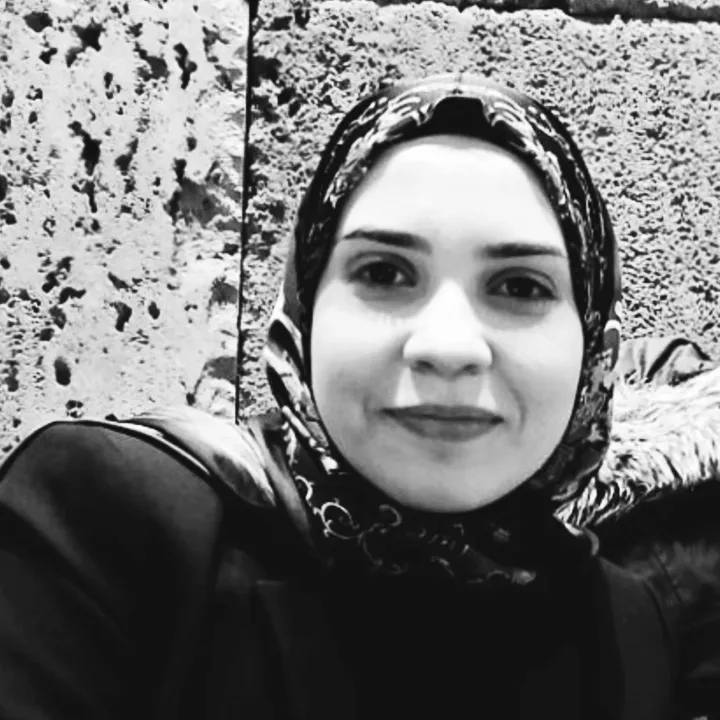
Mariam Bazzi
Mariam Bazzi is a researcher trained in landscape architecture and urban design. She is involved in research projects at the Beirut Urban Lab addressing urban recovery, landscape heritage, and forms of archiving and unarchiving the city. She holds a master’s degree in urban design (2020) and a bachelor’s degree in landscape architecture (2017) from the American University of Beirut.
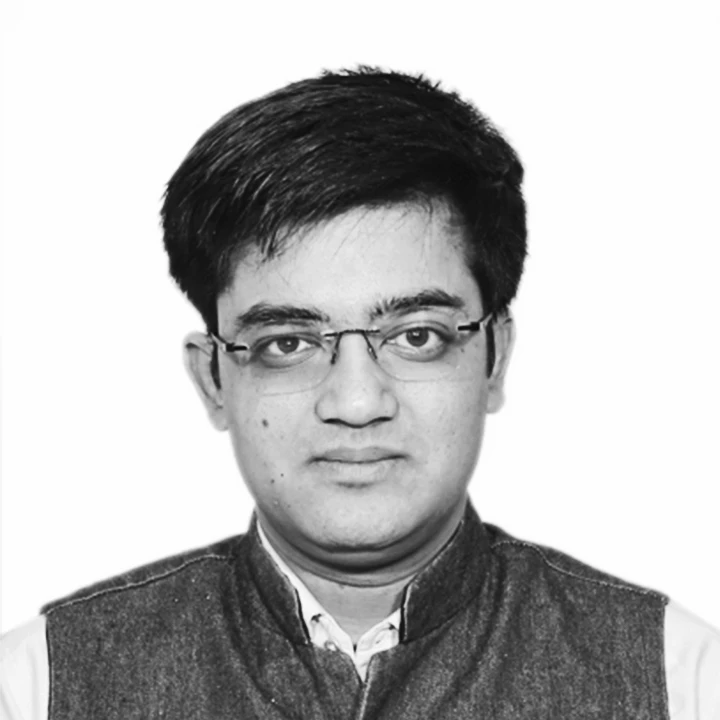
Naman Agrawal
Dr. Naman Agrawal is a researcher and practitioner with a background in finance, policy, and urban governance. He examines how militarization and heritage commodification reshape social and spatial life in conflict-affected regions. His current research focuses on Jaisalmer in the Thar Desert, exploring how local communities sustain cultural resilience and collective memory in the face of displacement, surveillance, and the gradual musealization of daily life. Drawing methodological insights from ethnographic observation and comparative case studies, his work bridges urban studies, political economy, and social anthropology. He is committed to documenting marginalized voices in border contexts and contributing research on the erasure and reconstruction of intangible knowledge in cities shaped by cycles of war, peace, and globalization.
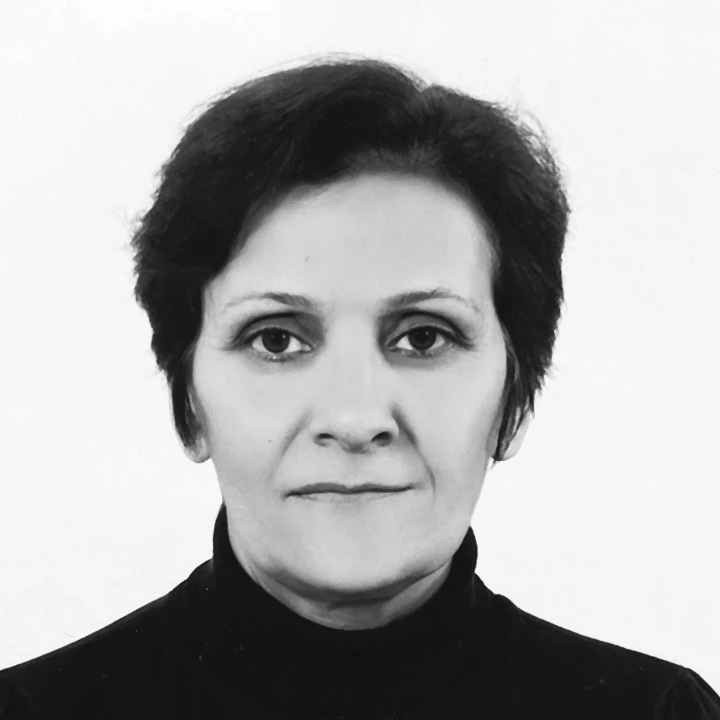
Nevin Soyukaya
Between 2011 and 2016, Nevin Soyukaya worked as the General Coordinator for the Diyarbakır Fortress and Hevsel Gardens World Heritage site. Following the inscription of Diyarbakır on the World Heritage List in 2015, she began working at the Diyarbakır Municipality as Director of Cultural Heritage. Between October 2015 and March 2016, the Turkish state security forces and the PKK Kurdish militants engaged in armed conflict in the historic centre of Diyarbakır, Surici. Despite her dismissal from her coordinator role on the grounds that she had reported destruction in Diyarbakır to UNESCO in her capacity as World Heritage Coordinator, she continued preparing reports on the site through NGOs. Currently, she works voluntarily on the preservation of Diyarbakır’s cultural heritage, social history, and collective memory.
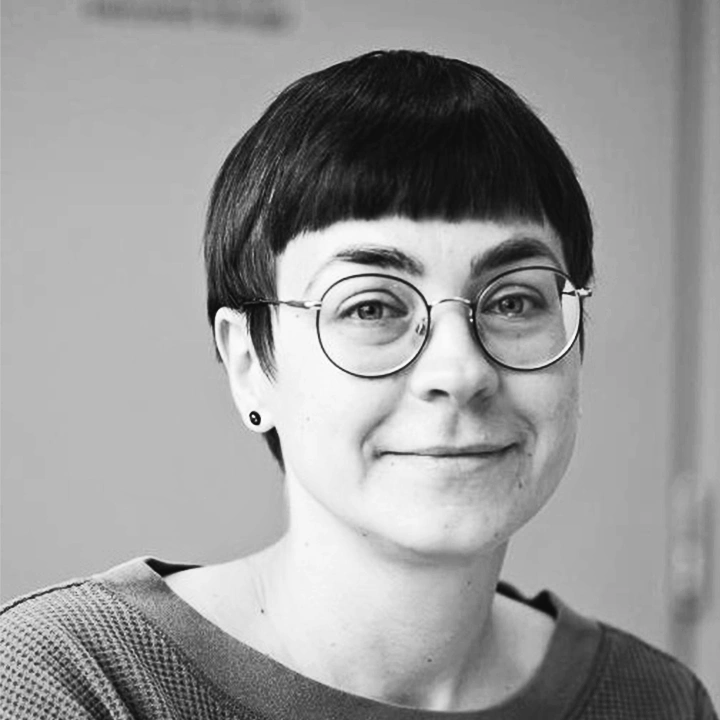
Oleksandra Nenko
Oleksandra Nenko, Dr.Soc., is a Ukrainian sociologist based in Finland. Her research focuses on urban sustainability and creative place-making. She is a Collegium Researcher at the Turku Institute for Advanced Studies, University of Turku, and a Visiting Researcher at the University of the Arts Helsinki. Her recent projects include Ukrainian Wartime Art and Displaced Ukrainian Artists in Finland and Emotional Landscapes of Wartime Cities, funded by the Finnish Society of Sciences and Letters and the Kone Foundation. She also serves on the boards of ESA’s Sociology of the Arts and Urban Sociology networks.
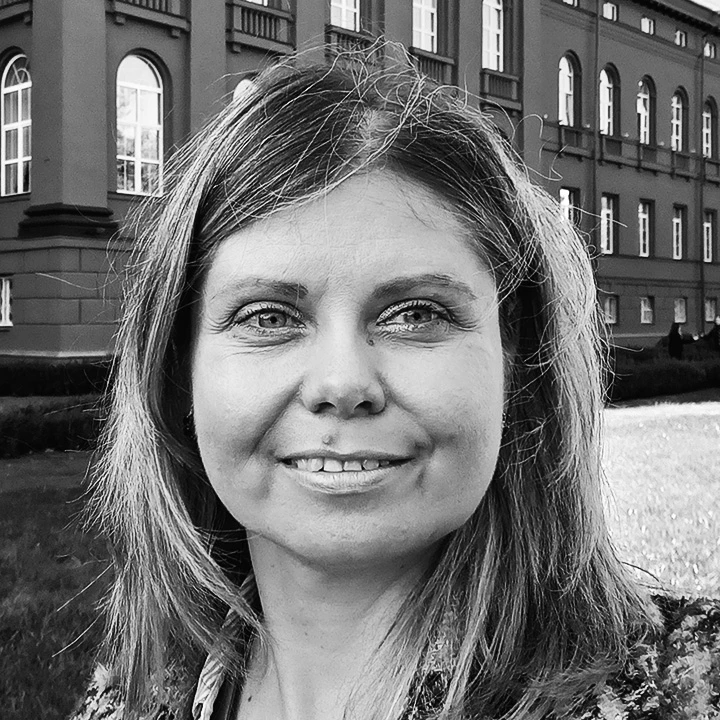
Olena Kononenko
Olena Kononenko is an Associate Professor at the Department of Economic and Social Geography, Taras Shevchenko National University of Kyiv. She teaches courses on economic geography, urban research methods, and sustainable development. She defended her doctoral dissertation on the development of potentially hazardous industries in Eastern Ukraine (2001) and later headed the Scientific Laboratory for Regional Economic and Political Problems (2003–2012). Dr. Kononenko has held research positions at TU Berlin’s Collaborative Research Centre “Re-Figuration of Spaces” (2022) and the Georg Simmel Center for Urban Studies, Humboldt University of Berlin (2023–2025). Her research focuses on sustainable urban development, resilience, the green economy, public environmental behaviour, and mental mapping
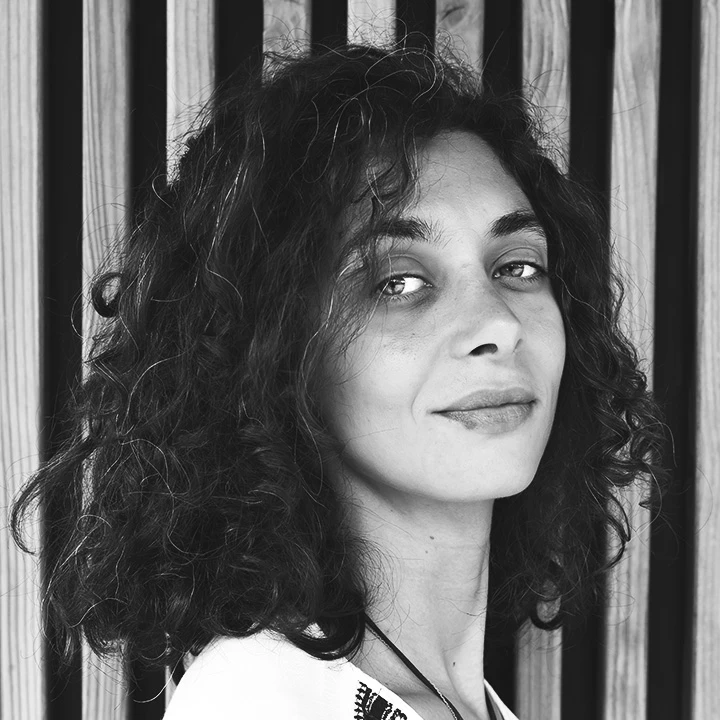
Sarah Husein
Sarah Husein is an architect-urbanist with a Bachelor’s in Architecture from Damascus University, and both a Master’s degree and a Specialized Diploma in Urban Planning from the École Nationale Supérieure d’Architecture de Paris-Belleville. Her professional path bridges storytelling, scenography, sustainable urban development, ecological planning, woodworking, and research. As a member of the Young Syrian Urbanist Network and an independent researcher, her work explores the intersections of spatial and climate justice, with a particular focus on water policies and their integration into urban planning—aiming to foster more inclusive, equitable, and resilient urban environments.
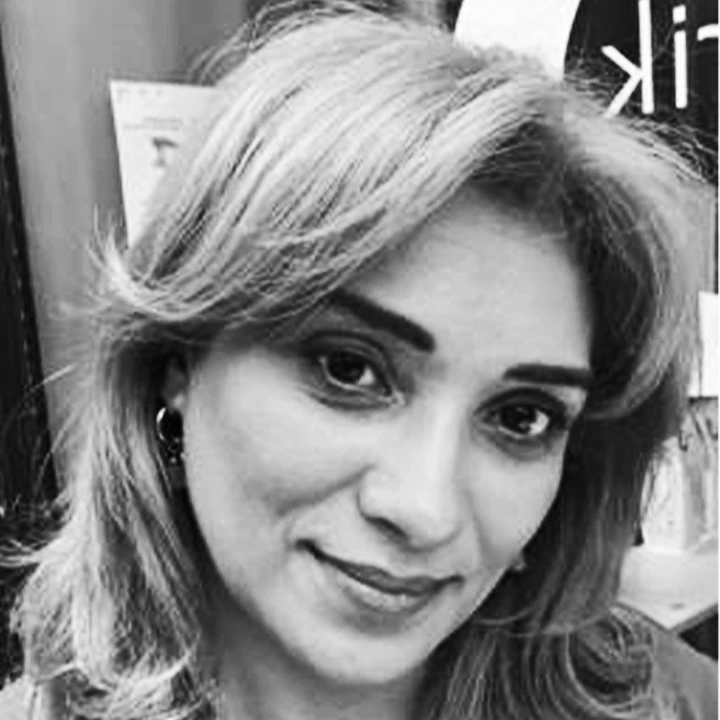
Shada Bokir
Dr. Shada Bokir is a Yemeni social anthropologist and refugee advocate specializing in gender studies, postcolonial literature, and Middle Eastern cultural analysis. She holds a PhD in Post-Colonial Literature from the National University of Malaysia, focusing on social taboos and women’s resistance in Yemeni texts, and a Master’s from Appalachian State University. Currently an Associate Researcher at the Austrian Academy of Sciences and former lecturer at the University of Vienna’s Institute of Oriental Studies, Dr. Bokir combines academic expertise with lived experience of displacement. Her research examines tribal politics, women’s visual culture, and colonial legacies in Yemen and the broader MENA region. Dr. Bokir is a two-time MESA Fellow (2024-2026), Columbia Global Emerging Scholars Program Fellow, and associate with the Organization for Women in Science (OWSD) under UNESCO. Her work appears in HAU: Journal of Ethnographic Theory, Costume, and Akademika. She actively contributes to humanitarian discourse through UNHCR panels and international conferences, advocating for displaced scholars while bridging academic research with policy engagement on migration, gender equality, and Middle Eastern studies.
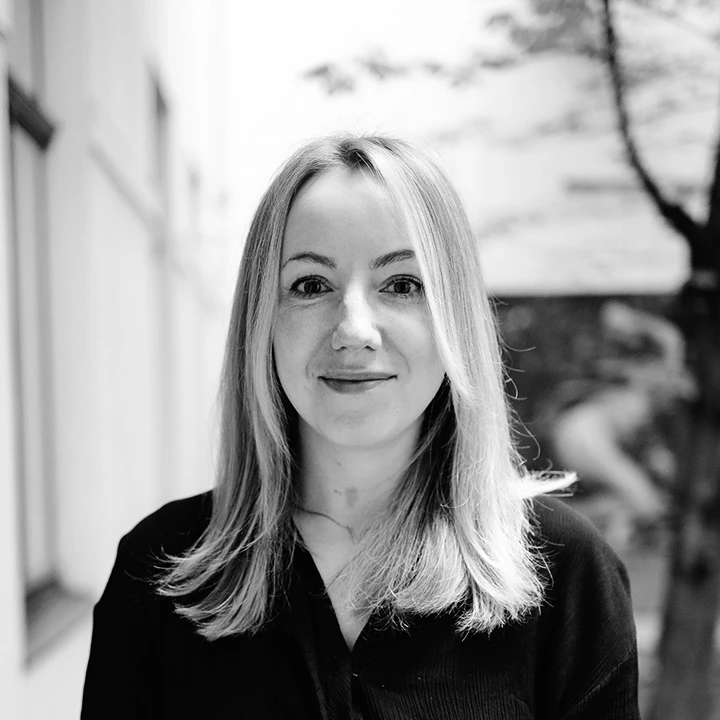
Viktoriia Grivina
Viktoriia Grivina is a writer and cultural anthropologist from Kharkiv, Ukraine. She holds a Master’s degree in linguistics of Kharkiv National University, and MA in Cultural Studies via Erasmus Mundus Master’s Scholarship (at Tübingen, Bergamo and St Andrews universities). In 2020-21 she was an early-career researcher at “(Un)Archving (Post)Industry” Project, digitizing vernacular photography of Donetsk and Luhansk regions, Ukraine (received Europa Nostra 2023 award). Her current PhD research at the University of St Andrews is dedicated to the transformation of local communities in Kharkiv, Ukraine. She is the author of an essay collection, Kharkiv, A War City (Ibidem, 2025), and a co-author of the volume, Kharkiv is a Dream: Public Art and Activism 2013–2023 (Ibidem, 2025).
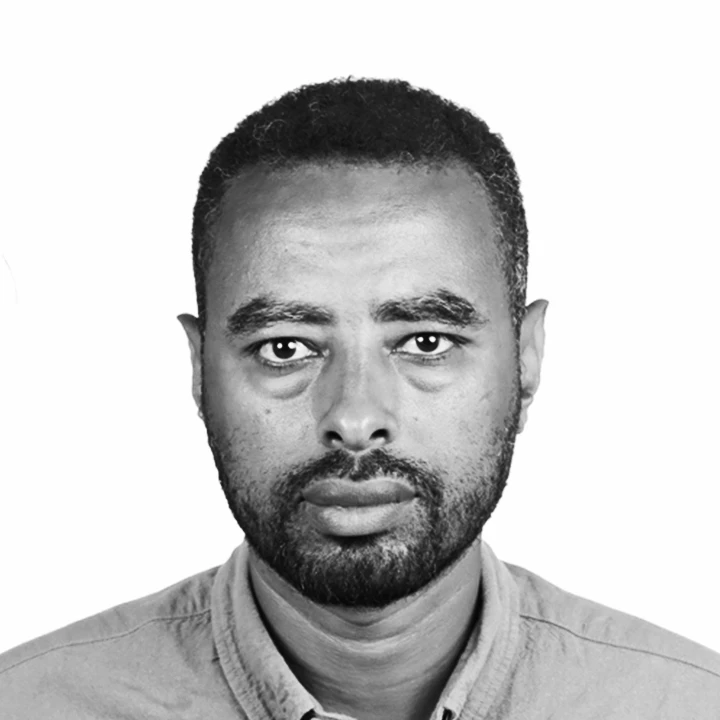
Wudu Muluneh Yimer
Wudu Muluneh Yimer is a lecturer and Chairholder of Real Estate Investment and Development track at the Institute of Land Administration at Bahir Dar University, Ethiopia. His research focuses on urban governance, displacement, and post-conflict reconstruction, emphasizing land tenure, spatial justice, and memory. Drawing on his experience as both a municipal manager and an academic, he examines how residents and authorities navigate fragile urban spaces, rebuild communities, and negotiate contested urban environments shaped by conflict.
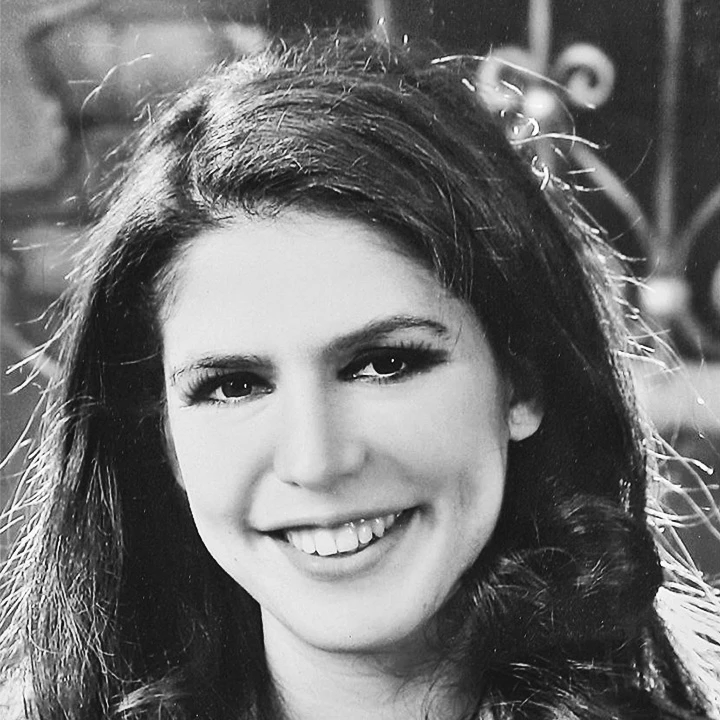
Zena Asswad
Zena Asswad is a Syrian architect from Aleppo. She has earned a Ph.D. in architecture, focusing on the sustainability and resilience of post-war communities within their everyday spaces. She currently works as a training assistant professor at Aleppo University, overseeing various undergraduate and postgraduate courses. She is passionate about the methods people use to cope with protracted crises, such as post-war conditions, and manage to sustain their lives, adding dimensions to sustainability and reconstruction and linking these wide concepts with real life on the ground after wars. In the same vein, she focusses on exploring the role of social sustainability principles in healing and mending the divisions that existed before the war and maintaining social justice during post-war reconstruction in the conflicts between government projects and people’s needs.
Certification
This course is hosted by Humboldt-Universität zu Berlin, Department of Social Sciences and certified with 3 ECTS upon successful completion and supported by Rojava University, Faculty of Social Sciences.
In order to receive a certificate indicating the ECTS credits, participation in the discussions during the lecture and the weekly preparation of a reading (around 15 pages) is required.
You will find more details on Moodle course page.
At the end of the semester, the instructors will inform the learning designer about your request and grade. The certificate will be prepared with the university secretariat and it may take up to 8 weeks.
Registration
Our courses are held on a digital learning platform, Moodle. Before you create your account on Moodle, we have some notes for your and others’ digital security.
- When you register, you can use a nickname. Nicknames with offensive, racist or sexist undertones will not be accepted.
- Communication outside of the platform is not private. It is a solidarity action with people who would like to stay anonymous for different reasons. Please use our secure platform to communicate with others and respect their choices of communication channels.
- We aim to create an inclusive learning environment with our participants and educate ourselves in a more inclusive language. Be eager and tolerant to learn from each other and challenge any discriminating language. You can have a look at it here.
Creating a new account and registering to a course on Moodle
1. The link will take you to the Off University Moodle homepage.
2. Click the “Log in” button on the top right side of the page.
If you have an account on Off University Moodle, please login and continue from step 7 below.
3. Scroll down to see “Create new account” and click the button.
4. Please fill in the fields marked as *required.
You can use false information to protect your identity and increase your safety. You can enter a nickname, a false email address that resembles the format, such as name@example.org etc. Please note down your user name and password in a safe place.
5. Once you created your account, please wait until the next working day to continue.
Your account needs activation which will be done by Off University. We will need some time to activate your account. This can take up to 24 hours on weekdays and longer on weekends.
6. Please login to check whether your account it active. Once you can login, you will find the available courses on the home page of Moodle and will be able to register by clicking the course title.
7. You can now discover the course page. The first item on the page, General, contains the syllabus and the announcements. Please follow these announcements to stay up to date about your course.
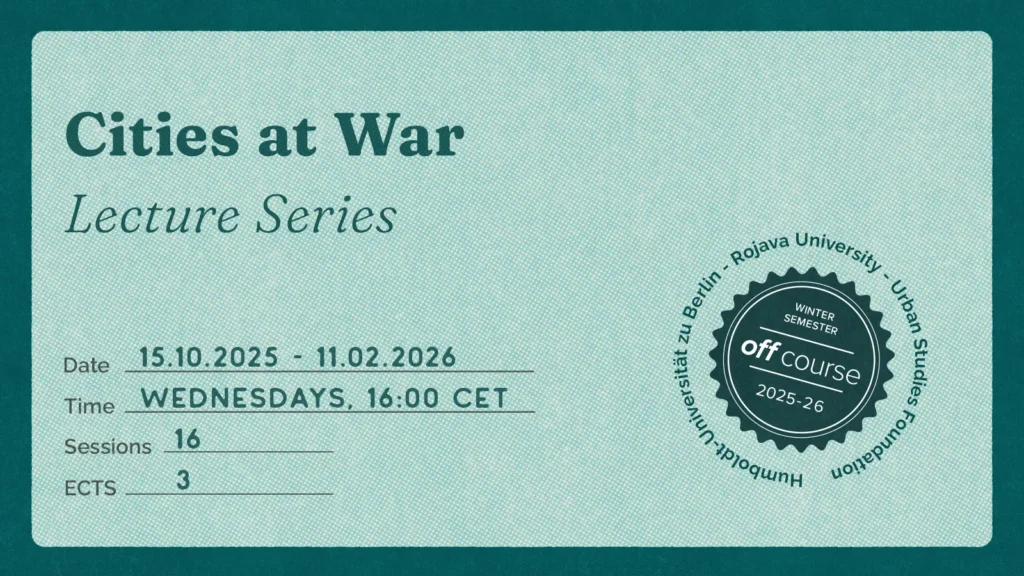
Course Details
Duration
15.10.25 – 06.02.26
Time
Wednesdays, 16:00 CET
Credits
3 ECTS
Language
English
Host Institution
Humboldt-Universität zu Berlin, Department of Social Sciences
Registration:
Supported by:
